Things are hotting up! India has just seen the hottest temperatures recorded for 120 years, since records began. The prime minister has just banned all wheat exports due to the failing harvest. This is urgent … so how can we reduce the effects of climate change by making changes in our daily lives? Can we make a difference?
How Can We Reduce The Effects Of Climate Change?
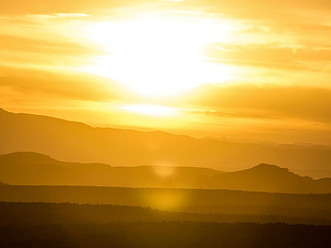
I’m not suggesting the job of fixing our broken climate is an easy one but there is one thing you can do which is not all that difficult and has a massive impact on your environmental impact.
Related: How Does Fishing Affect Climate Change?
It’s easy to feel helpless when it comes to a problem as big as global warming. Many people will ask themselves, ‘how can we help climate change as a human race?’ … and this is the question we should all be asking ourselves.
Collectively and individually, we must all take responsibility for our Mother Earth.
Happily, there is something you can do to help and now it’s official 🙂
A comprehensive study at Oxford University in the UK conducted in 2018 concluded that eating a vegan diet could be the “single biggest way” [2] to help with the most pressing issue of our time. The researchers found that cutting meat and dairy from your diet could reduce an individual’s carbon footprint by up to 73% … that’s HUGE!
Our Species Faces Many Problems – But This is The Big One!
In the immortal words of Laurel and Hardy, “That’s another fine mess you got us in to!” … and this mess is an almighty one.

You may or may not have accepted the incontrovertible truth that climate change threatens every single one of us on this globe. This tiny, insignificant sphere orbiting a lonely star we call the “sun”. To us, our world is everything. Our entirety.
On a daily basis, few of us have time to stop and think about our place in the universe but this beautiful green and blue sphere we call home provides us with the environment necessary to maintain conscious life. The planet maintains our very existence so we must maintain our planet; our life-support system.
So why then, do we see much evidence of an utter disregard for our environment? I would even go so far as to suggest some people seem to have a complete disdain for the world around them. Abusing their privileged existence by, for example, discarding their fast-food takeaway packaging right in the place where they finished licking their lips – in the subway, in the park, tossed from a car window.
It is these moronic attitudes which must change and while I know there is almost no helping people who think it’s ok to litter our shared spaces, I also know there are millions of us who want to do the right thing … and we can do the right thing. As for the rest of the population, hopefully, new laws will force the disgusting litter louts to clean up their act!
Consume, Consume, Consume!
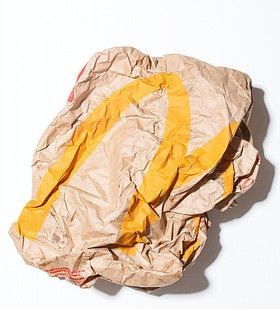
Since the fruits of the industrial revolution became available to the masses, the human race has decided that consumption is the way forward. We are encouraged daily to buy the latest and greatest gadget, the brand spanking new, gas-guzzling BMW, new clothes, shoes, unhealthy food … the list goes on and on.
General over-consumption is the root cause of most of the problems we’re facing. Consider this: just one top of the range Land Rover Discovery model on the market in 2021 uses the equivalent of 35 tonnes of CO2 during the production cycle.
Just ONE vehicle!
And that’s before you even drive a single mile in it. Not to mention it will set you back close to £70k ($99.2k US) … this has to be the pinnacle of our stupidity as a species!
Do you really need a new car every three years? Or is it more about what you think your neighbours are thinking? … and please be honest with yourself … yeah, that’s what I thought!
The ‘keeping up with the Joneses’ mentality (it is actually a primal urge) has become magnified as consumer goods evolve … it has a lot to answer for!
It’s not even your fault. Marketing types are very good at finding your hot buttons. They know what drives those primal urges and they combine this with emotional triggers to hook you in. Most of us don’t have a chance when bombarded with this nonsense every single day!
How Does Being Vegan Help The Environment?
There are many reasons for someone to choose a vegan lifestyle. Some people find their moral and ethical code challenged when the harsh realities of the meat and dairy industries are revealed (this was me!). Others do it for health reasons and there are now more and more people moving over because of the positive effect it has on our environment. But how does becoming vegan help the environment?
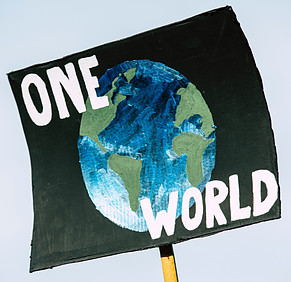
As the Oxford study showed, in the most conclusive of terms, a vegan lifestyle has substantially less impact on our planet … and it’s the only planet we have! A world we share with close to 7.9 billion other human beings, and rising steadily!
Meat and dairy production is a hugely inefficient method of providing nutritional calories when you look at the overall
environmental footprint.
For example, over the entire life cycle of the supply chain, from growing the plants for the animal feed to their harvesting, transportation and processing to the raising of the animal and eventual slaughter. Then the processing of the carcass and packaging it all up to the logistics involved in getting the food on to your dining table …
… to produce just 1kg of beef the estimates for water consumption are anywhere from 5,000 to 20,000 litres. On the other hand, 1kg of wheat consumes from between 500 and 4,000 litres. That’s a factor of between 5 and 10 times less water!
Doesn’t sound like quite so much of a ‘Happy Meal’ now does it? Utter madness!
One of the biggest emitters of green house gases (GHG) are cattle. They produce methane and their manure produces nitrous oxide, both of which are major contributors to global warming. Methane is actually considered worse than CO2 for its global warming potential because it traps much more heat, although it doesn’t hang around in the atmosphere for as long as CO2.
A couple of cows in the back paddock are not going to break the climate but when you consider the total global demand for meat and dairy it’s easy to see how cutting back on animal protein has a dramatic effect on your equivalent carbon footprint.
Vote With Your Wallet …
Feeding 7.9 billion people is a mammoth undertaking so this process needs to be efficient. Regrettably, we have not focused on efficiency when it comes to food production. Don’t get me wrong, agricultural processes have become way more efficient with mechanisation and mono-culture but we need to look at what we’re actually producing and the value that product brings to the table (excuse the pun!).
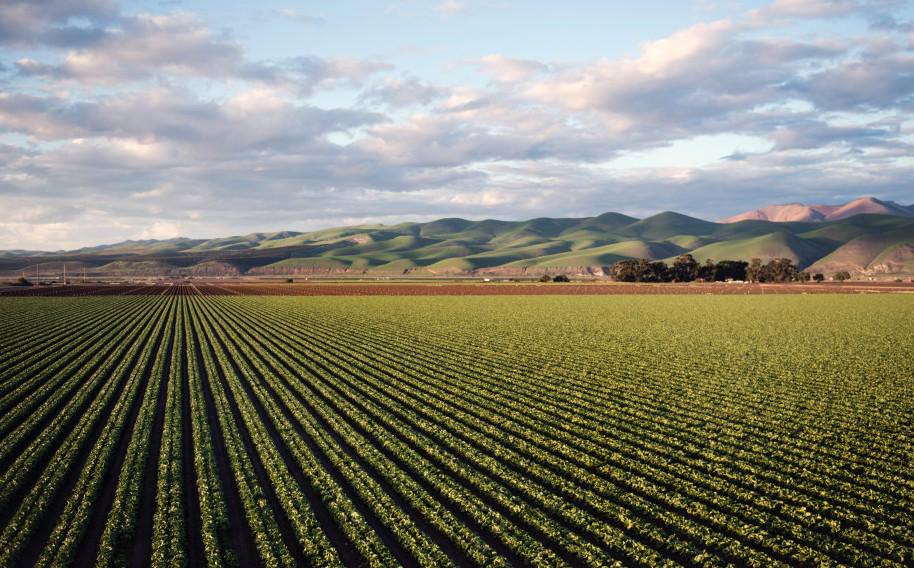 Value, both in terms of nutrition and environmental. Many hidden costs are present in the products we buy. Costs which are not reflected in the retail price.
Value, both in terms of nutrition and environmental. Many hidden costs are present in the products we buy. Costs which are not reflected in the retail price.
The biggest cost of all being the global effects we are seeing played out in the form of climate change!
It is global demand which drives these processes and demand is generated by you and I making choices when we shop for our groceries. Your power is in your pocket!
It’s more important than ever to get this message out there because, while in the West we are seeing a massive upsurge in people adopting a vegan lifestyle, globally the picture is very different. Developing nations aspire to the West’s obsession with over-consumption and junk food in particular.
As is now being realised, our ‘civilised’ way of life is leading to dramatically unsustainable agriculture. Not to mention the issues we face with our oceans and the obscene waste problem.
Time for a change?
As the Oxford study concluded, going vegan is possibly the single biggest positive change you can make if you want to take action on the environment. This is purely down to the huge increase in system efficiencies when cultivating plants vs raising animals.
YES, veganism really does make a difference … Let’s save the planet!
How Can We Help The Planet?
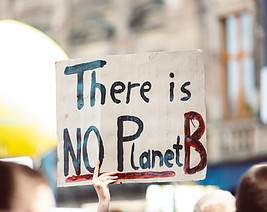
This article only touches the surface of this subject. It is a massive topic and I will be exploring more thoroughly and zooming in on specifics in future articles. I hope you have gained something from your reading this and I appreciate you taking the time to do so!
If you’re worried about climate change and on the fence about going vegan then please know that it is one of the best things you can do to save our planet!
I’d love to hear what you think on this subject and encourage you to submit your comments below. I always try to answer to the best of my ability 🙂
Have a sustainable day and thanks for reading.
Rohan.
This post was originally published on: May 19, 2021 at 07:48 and updated with new content and sources on May 20, 2022 at 05:01
[1] – Springmann M, Godfray HCJ, Rayner M, Scarborough P. Analysis and valuation of the health and climate change cobenefits of dietary change. Proc Natl Acad Sci U S A. Published online March 21, 2016. https://doi.org/10.1073/pnas.1523119113 [2] – J. Poore and T. Nemecek. Science Vol 360, Issue 6392. pp. 987 – 992. June 1, 2018. Reducing food’s environmental impacts through producers and consumers. https://doi.org/10.1126/science.aaq0216

Yes, this question gets asked quite often, how can I help climate change? And the answer is simple.
We live in a consuming society. And it doesn’t seem to slow down. The more media outlets we are, the more companies focus in what the people want. And what they want is not always the best for them. But it’s what drives dollars into their pocket. And this world moves with money, and that love for money and not considering (or mentally diminishing the consequences) has done terrible harm to humanity.
Hi Ann,
Thank you very much for taking the time to leave a comment here. I completely agree with you 🙂 The endless pursuit of ever-increasing rates of profit is a wholly unsustainable model. Consumerism doesn’t work … we have now proved it and the Earth is sending us more and more warning signs!
I do have hope that the young people are starting to see the reality but the draw of the trappings of money is strong and it’s hard to resist. We need a step-change in attitude if we’re going to survive this era!
A very good article that makes you think. Today’s consumer society takes into account nothing more than buying more and more, whether you need it or not. Excessive industrialization leads to global warming. It is true that if each of us became aware of global warming and took action on our own, the planet would be saved. But I think it’s all about education. Someone who throws their garbage anywhere is not an educated person.
Hi Carmen. Many thanks for your thoughts. I couldn’t agree more! I think you’re correct when you say education is key to this. I honestly think many of those who litter don’t even know it’s the wrong thing to do. “It gives people jobs” is the common retort if you challenge these people. That response used to be a bit of a joke but now it seems this kind of attitude has become the norm. These people now actually think it really does give people jobs, so it’s ok to litter! Why is it almost always McDonalds wrappers too? !
Give me strength!